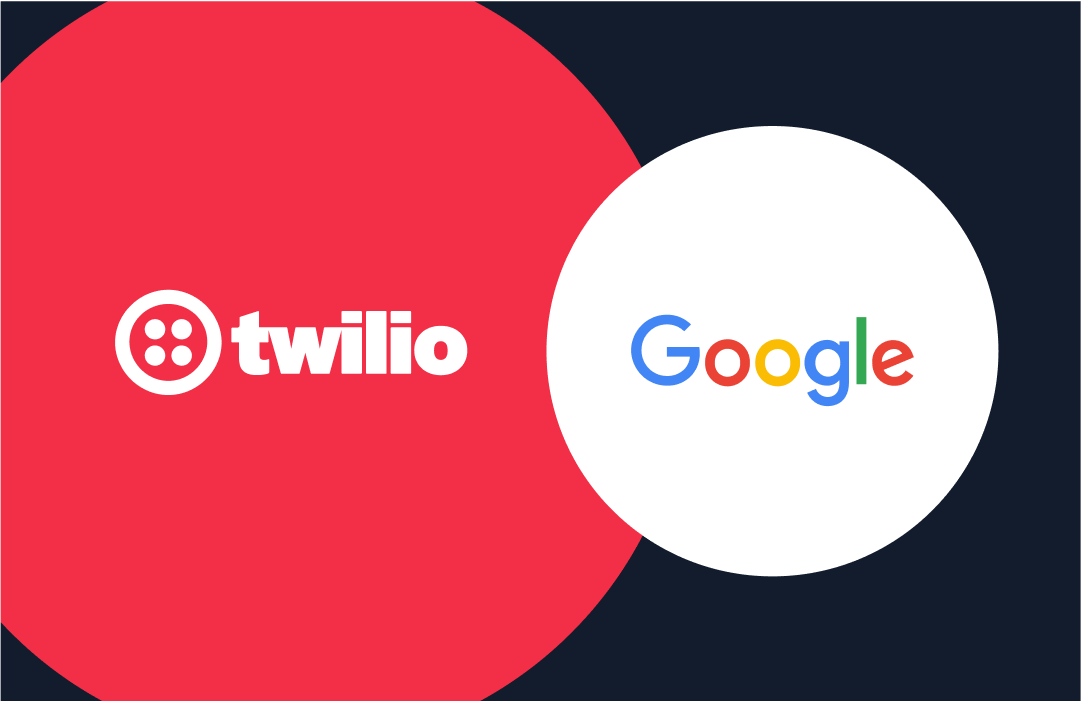Asthmapolis Wins Twilio + Union Square Ventures Contest
Time to read: 5 minutes


We were thrilled to see over 50 submissions to the Twilio developer contest, but it also meant looking through all of them took a bit longer than expected. There was a terrifically broad range of applications, from fun simple hacks to ambitious projects. With such variety it was tough picking a winner. In the end we decided on Asthmapolis, which builds tools to track, manage and research asthma. Asthmapolis uses Twilio to build an SMS service that lets people record and track their asthma symptoms, and was created by Greg Tracy, David Van Sickle, and Mark Gehring.

What is Asthmapolis? from Asthmapolis on Vimeo.
Asthma is a serious disease that has grown much more widespread since the 1970s, with around 300 million people affected worldwide. What is interesting about the use of SMS for health tracking and disease management is its broad availability. Almost any cell phone in the world can send and receive text messages, making SMS a ubiquitous tool for gathering and disseminating information. Tracking symptoms and/or providing reminders to comply with medication via SMS is therefore appealing and some studies have shown successes.
Why We Chose Asthmapolis
What we like about Asthmapolis in addition to its obvious value to people affected by asthma is that the service if it succeeds will over time accumulate a lot of data. From a business perspective that offers an important long-term defensibility. We’re looking forward to meeting with Greg and David from Asthmapolis in New York.



Interview with the Asthmapolis Team
Asthmapolis helps individuals and doctors better manage their asthma care. Using a variety of tracking tools, patients can better understand where and when they are using their inhalers creating a new level of transparency between themselves and their chronic disease.
How did you hear about Twilio?
Engineering lead, Greg Tracy has been using the Twilio API – both voice and SMS – for a number of personal projects over the last year. When we started investigating new ways for our customers to share and report details of their asthma condition, Twilio SMS was a perfect fit.
How did you come up with the idea for Asthmapolis?
Co-founder David Van Sickle developed the idea for Asthmapolis after spending two years investigating outbreaks of respiratory disease for the US Centers for Disease Control and Prevention. He wanted to solve two major problems limiting progress against asthma. First, while most asthma attacks can now be prevented with current treatment, the majority of people with asthma don’t have the disease under control, yet neither they nor their physicians realize it. Second, our understanding of asthma has been limited by a lack of timely, objective data about the disease; by tracking the location where people have symptoms and use their medications, we can provide valuable new information to advance public health.
How did you build it?
The Asthmapolis back-end is built using a standard LAMP stack. We took advantage of the PHP wrapper library to make the Twilio integration even easier. The technology was not very complicated, but we continue to experiment with interfaces to make it as easy as possible for people to report their triggers, symptoms, and use of medications. That has us focused on the instruction language customers are using in the body of the SMS message. In addition, patient feedback is an important element for better overall management so we will start to include reminders and educational notifications as well.
How does Asthmapolis utilize Twilio?
Asthma is unique in that medication is carried by patients everywhere but not well recorded – either when it is used or where. Using a device that attaches to the inhaler, a mobile application, or now an SMS interface, Asthmapolis users are able to track location, symptoms, triggers, as well as healthcare visits. This data can be fed back into the clinical pathway and allow doctors to better evaluate conditions and help them achieve better asthma control. When the data is aggregated, public health officials can identify spatial and temporal patterns of disease.
Our current Twilio integration is using the SMS API to facilitate asthma management reporting for those that do not own a smart phone. The roadmap includes using outbound phone calls as well as SMS for reminders, rapid inquiries about overall condition, as well as speech tests.
What are your plans for Asthmapolis going forward?
Our goal is to empower people to control their asthma by collecting accurate data, creating better awareness, and providing feedback to patients, healthcare providers, and public health officials. We’re accomplishing this through multiple interfaces. In addition to the SMS interface, we also provide a mobile browser application as well as a compact physical device (called Spiroscout) that attaches to the medicine canister and records the time and location a person uses their inhaler.
On the business side, we’re looking at how best to get Asthmapolis out to as many people with asthma as possible, either by going to consumers directly, or going to the healthcare payers (e.g. self-insured companies) who are footing the bill for the higher healthcare costs associated with uncontrolled asthma, or by marketing through healthcare providers. In addition, the aggregated data on asthma incidence is valuable to researchers and public health officials, and we’re exploring business models for this data.
What are you looking forward to discussing with the partnership at USV?
As discussed above, there are a variety of possible go-to-market strategies and business models for Asthmapolis and we would love to get input from the USV team. In addition, we’re looking for guidance on scaling the business with respect to the Spiroscout device, which has similar mass market potential to devices like FitBit or WakeMate.
What advice do you have for other startups looking to build a business on the Twilio cloud communications platform?
After dreaming up all of the great wizbang technology that you’ll be creating, remind yourself that everyone carries a phone in their pocket. Then turn to Twilio as the dead simple way to interact with your customers on those personal devices!
——————
Twilio’s ongoing weekly developer contest is one of the longest running we’ve found, and the current category is around integration of PayPal and Twilio into your applications. Learn more and find out how you get can involved to win great prizes while exploring our APIs. Are you a startup looking for funding? The $250,000 Twilio Fund may be just what you’re looking for, and submissions are still open! As always, feel free to contact us with any questions.
Related Posts
Related Resources
Twilio Docs
From APIs to SDKs to sample apps
API reference documentation, SDKs, helper libraries, quickstarts, and tutorials for your language and platform.
Resource Center
The latest ebooks, industry reports, and webinars
Learn from customer engagement experts to improve your own communication.
Ahoy
Twilio's developer community hub
Best practices, code samples, and inspiration to build communications and digital engagement experiences.


